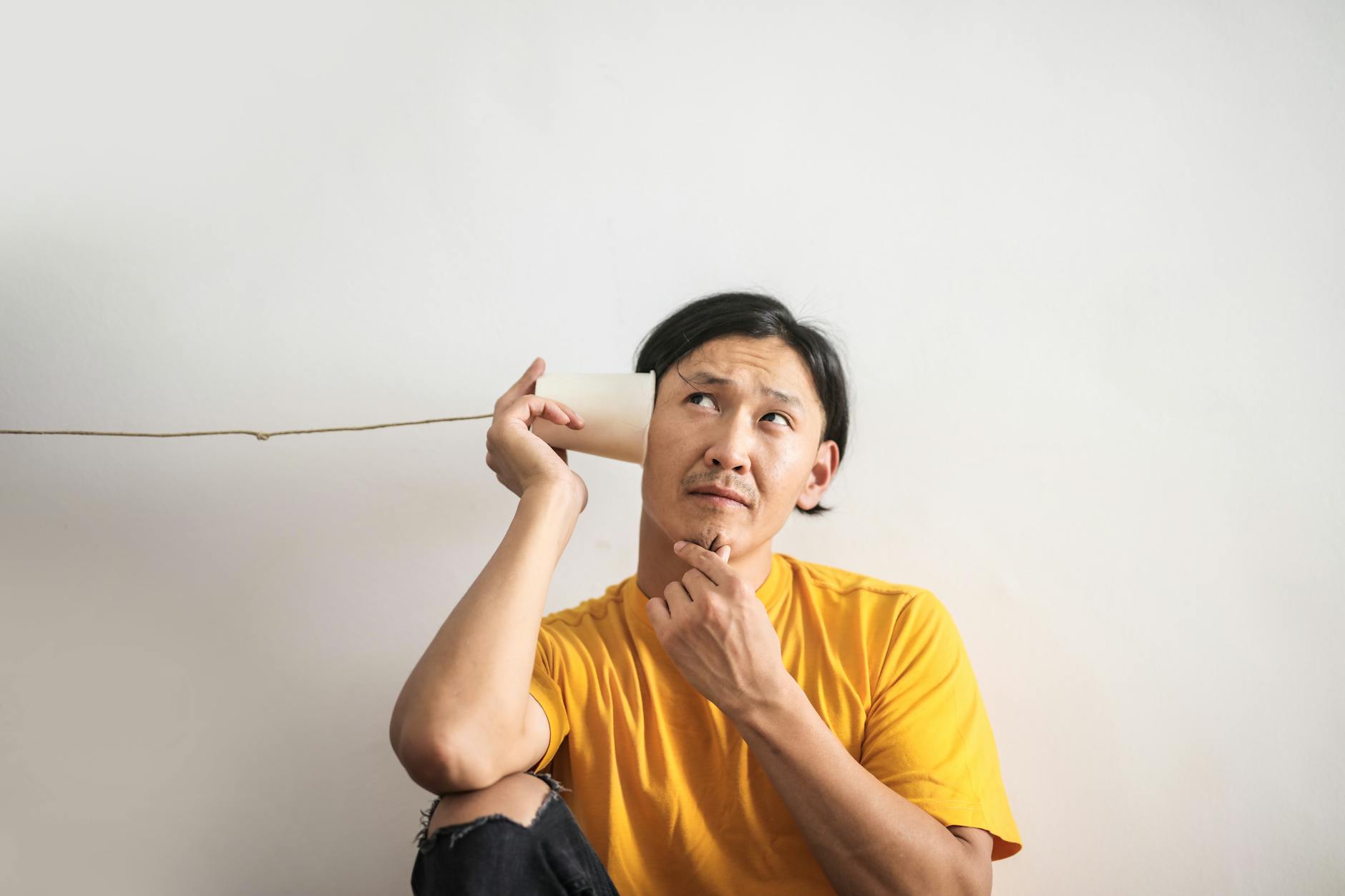
As an ENT specialist, I’ve seen many patients who come in with concerns about their hearing. If you’re experiencing hearing loss, it can be quite distressing. However, understanding the potential causes and knowing the steps to take can help you manage this condition effectively.
Identifying the Cause
Hearing loss can result from various factors. One common cause is earwax buildup, which can block the ear canal and impair hearing. Infections, such as otitis media (middle ear infection), can also lead to temporary hearing loss. Additionally, exposure to loud noises, aging, and certain medications can affect your hearing.
When to See a Specialist
If you notice a sudden decrease in your hearing, or if it persists over time, it’s important to consult a specialist. Delaying a visit can sometimes lead to worsening of the condition. Chronic conditions, like otosclerosis (abnormal bone growth in the middle ear) or sensorineural hearing loss (damage to the inner ear or auditory nerve), might require specialized treatment.
Initial Assessment and Diagnosis
When you come to see me with hearing loss concerns, the first step is a comprehensive assessment. This includes taking a detailed medical history and conducting a thorough examination of your ears. Using an otoscope, I can look inside your ears to check for blockages, infections, or other abnormalities.

Diagnostic Tests
To determine the cause of your hearing loss, additional tests might be necessary. An audiogram, which measures your ability to hear different sounds, is commonly used. Tympanometry can assess the functioning of your middle ear. These tests provide valuable information that helps in diagnosing the exact cause of your hearing loss.
Treatment Options
The treatment for hearing loss depends on the underlying cause. If earwax buildup is the issue, I can remove it safely. For infections, medications like antibiotics or antifungal treatments might be prescribed. If your hearing loss is due to exposure to loud noises, using hearing protection and avoiding noisy environments can prevent further damage.
Hearing Aids and Assistive Devices
For more permanent hearing loss, hearing aids can be a significant help. These devices amplify sounds, making it easier to hear. Modern hearing aids are quite advanced, with features like noise reduction and Bluetooth connectivity. I can help you choose the right hearing aid based on your specific needs and lifestyle.
“Can You Hear Me Now?”
Dealing with hearing loss can sometimes feel like you’re living in a world on mute. But don’t worry, there are many solutions available, and we can find the one that works best for you!

Surgical Interventions
In some cases, surgery might be necessary. Procedures like tympanoplasty (repair of the eardrum) or stapedectomy (removal of the stapes bone) can improve hearing in patients with specific conditions. Cochlear implants are another option for severe hearing loss, providing a way to bypass damaged parts of the ear and directly stimulate the auditory nerve.
Home Remedies and Lifestyle Changes
There are also some home remedies and lifestyle changes that can help manage hearing loss. Keeping your ears dry and clean can prevent infections. Using earplugs in noisy environments can protect your hearing. Staying healthy overall, with a balanced diet and regular exercise, can also contribute to better ear health.
Mental Health Considerations
Hearing loss can have emotional and psychological effects. It’s not uncommon for patients to feel isolated or frustrated. If you’re struggling with these feelings, it’s important to talk to a healthcare provider who can offer support and resources. Sometimes, just knowing you’re not alone can make a big difference.
Collaborating with Other Specialists
Managing hearing loss often requires a multidisciplinary approach. Working with audiologists, speech therapists, and other healthcare providers can ensure that you receive comprehensive care tailored to your specific needs. Collaboration between specialists helps to address all potential aspects of your condition.
The Journey to Recovery
Recovering from hearing loss can take time and patience. It’s important to follow your treatment plan and attend follow-up appointments to monitor your progress. Even small improvements can be encouraging, and with persistence, many patients regain their hearing.
Conclusion: Hope for Regaining Hearing
Dealing with hearing loss can be challenging, but there are effective strategies and treatments available. Whether it’s through medical intervention, surgery, or hearing aids, there is hope for improvement. For more detailed information and resources, you can visit the American Academy of Otolaryngology and the National Institute on Deafness and Other Communication Disorders. These organizations provide valuable insights and support for those dealing with hearing loss.
By understanding the causes and taking proactive steps, you can work towards regaining your hearing and enjoying all the sounds life has to offer.
